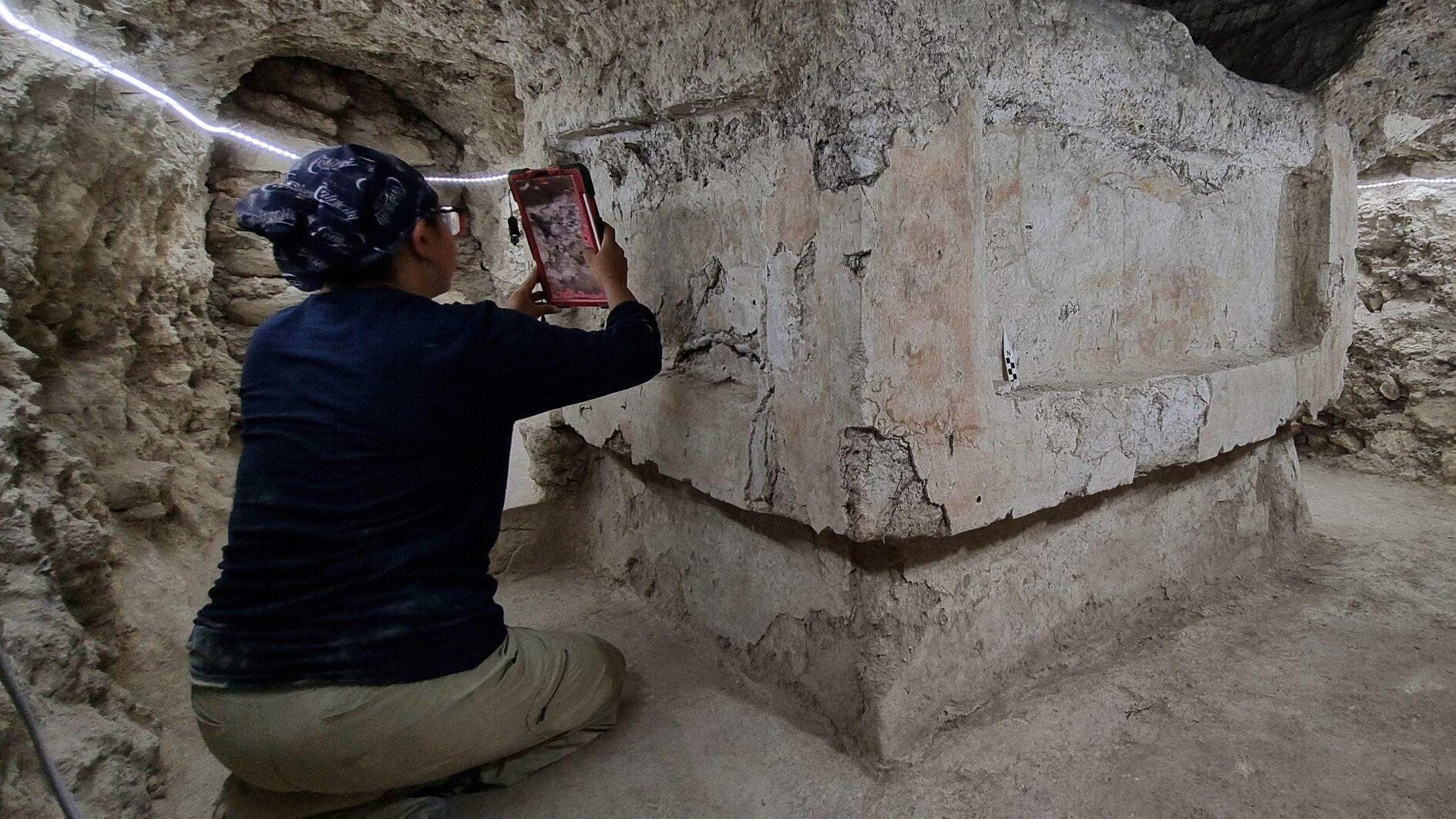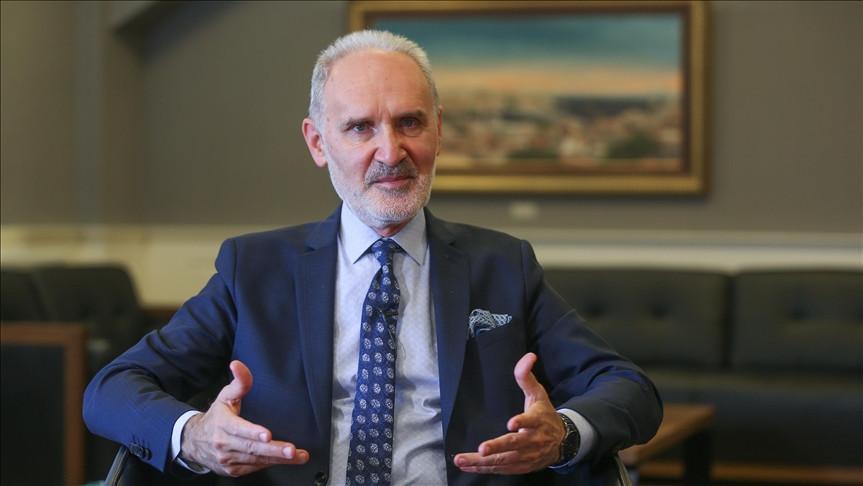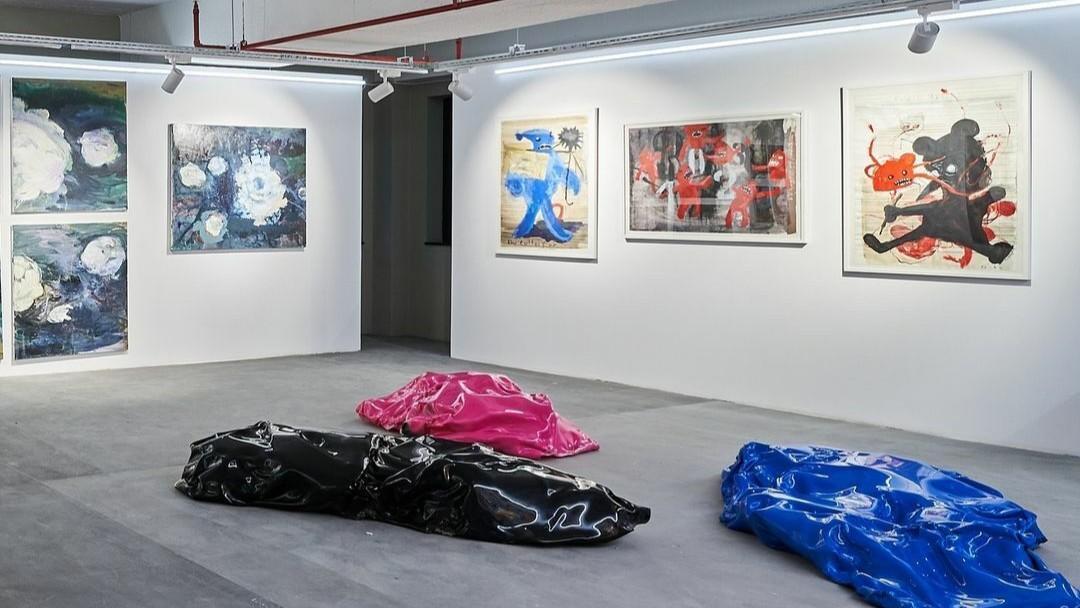Romania appoints new interim PM after deadly nightclub fire
BUCHAREST - Agence France-Presse

Romania's Education Minister Sorin Campeanu gives a press conference at the government headquarters in Bucharest November 5, 2015. AFP photo
Romania's president on Nov. 5 appointed Education Minister Sorin Campeanu as interim prime minister to replace Victor Ponta, who quit following mass anti-government protests sparked by a deadly nightclub fire.Klaus Iohannis named Campeanu to lead a temporary administration ahead of talks with political parties on Nov. 5 over forming a new government.
Ponta quit on Nov. 4 after a horrific fire at a Bucharest nightclub left 32 people dead, prompting tens of thousands of people to take to the streets demanding a "profound change" in the government as a wave of grief and anger swept the country.
The venue was not authorised to hold concerts or stage the pyrotechnic display that sparked the fire.
Many protesters saw last Friday's tragedy at the Colectiv club as a sign that nothing has changed in one of Europe's poorest and most corruption-prone nations.
Ponta himself has been under pressure for weeks over charges of fraud, tax evasion and money laundering that have made him the first Romanian head of government to go on trial.
He said it was right for top officials to take responsibility over the fire, which sparked a stampede as panicked revellers desperately tried to get out, leaving nearly 200 people injured.
Ponta's resignation has failed to stop the protests and some 10,000 demonstrators, most of them young, took to the streets of Bucharest on Nov. 5, the third night running.
They were protesting against corruption among the political classes they hold responsible for the nightclub deaths.
Thousands more protested in other major cities.
"Down with parliament" and "We want a free Romania" were among the slogans chanted in Bucharest.
"Justice has not been done yet," said one 24-year-old protester who declined to be identified.
"I had two friends who died in the fire." Resignations "do not change anything, they do not ease my pain".
Marius Matache, another protester, added: "People want a change in the system."
"Our friends in the Colectiv disco were killed by a vile system."
Meanwhile an explosion at a bread-making factory in northern Romania on Nov. 5 left six people injured and did nothing to ease safety concerns.
The injured were taken to hospital but were said not to be in danger after the blast in the town of Brasov.
The cause of the explosion was unknown.
The wave of discontent has roots going back to Romania's emergence from Soviet rule in the 1990s and its struggle to shrug off endemic corruption.
Dozens of former politicians and judges have been swept up in recent investigations launched by Romania's anti-corruption agency.
Ponta stands accused of receiving the equivalent of 55,000 euros ($63,000) from political ally Dan Sova.
Prosecutors also suspect Ponta of conflict of interest, but that probe was stymied when parliament -- where his Social Democrat party holds a comfortable majority -- refused to lift his immunity from prosecution.
"In a country where parliament refuses to lift the immunity of a prime minister accused of corruption... we have to ask ourselves how it was possible that the Ponta government survived for so long," wrote commentator Iulian Anghel in the Ziarul Financiar newspaper.
Analysts say Iohannis -- a conservative elected last year on an anti-corruption ticket -- faces a daunting task in finding a new government.
The demonstrators have demanded a technocratic government, saying they no longer have confidence in any political party.
"All of the parties are rotten," they chanted in the streets.
While the names of several potential premiers have been touted, Corina Rebegea of the Washington-based Center for European Policy Analysis said Iohannis would not be spoiled for choice in recruiting a leader that will satisfy the protesters.
"It seems that Romania has exhausted its reserve of technocrats," she told AFP.
Iohannis said Nov. 5 that in the wake of the protests he would consult with civil society before forming the new government.
"I saw you, I heard you and I will consider your demands," he said.
New premier Campeanu said the interim government would continue to work on the country's 2016 budget plans, due to be submitted to parliament this month, even though it is not empowered to pass new laws.
















